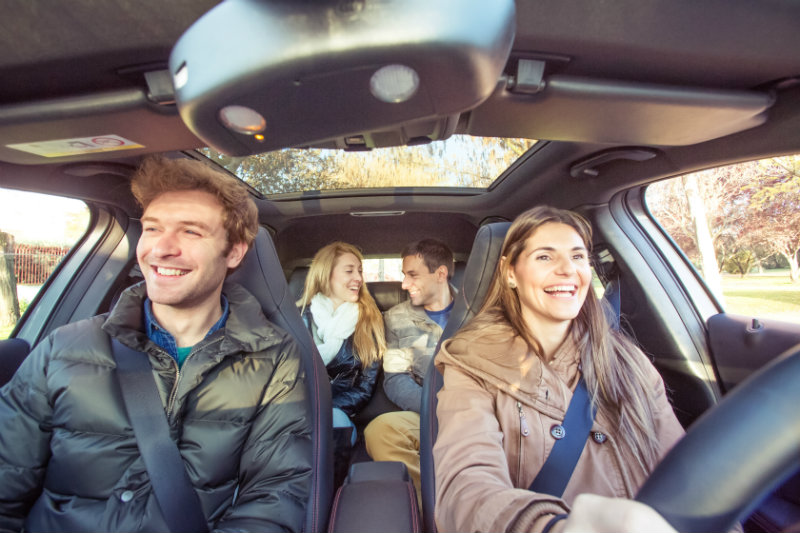For all the central role that they play in the world’s transport systems, cars are surprisingly stationary assets. According to Frédéric Mazzella, founder and executive chairman of carpooling company BlaBlaCar, they are parked 96% of the time on average, are in traffic jams 0.5% of the time and are looking for a place to park 0.8% of the time.

“They are only driving 2.7% of the time,” Mazzella says. “And when they are driving, three times out of four there is just one driver on board, with three or four seats available.”
By making that spare capacity available to members of its online community, Paris-based BlaBlaCar is turning cars into more productive assets for their owners. The company connects long-distance travelers to cars with empty seats going the same way; the passengers pay the owners a small contribution to help offset their costs. Such has been the success of the business model that BlaBlaCar has become one of the fastest growing transport companies in Europe. “Twelve million people now travel with BlaBlaCar every quarter,” Mazzella says. “That’s more than Eurostar and British Airways”![]()









